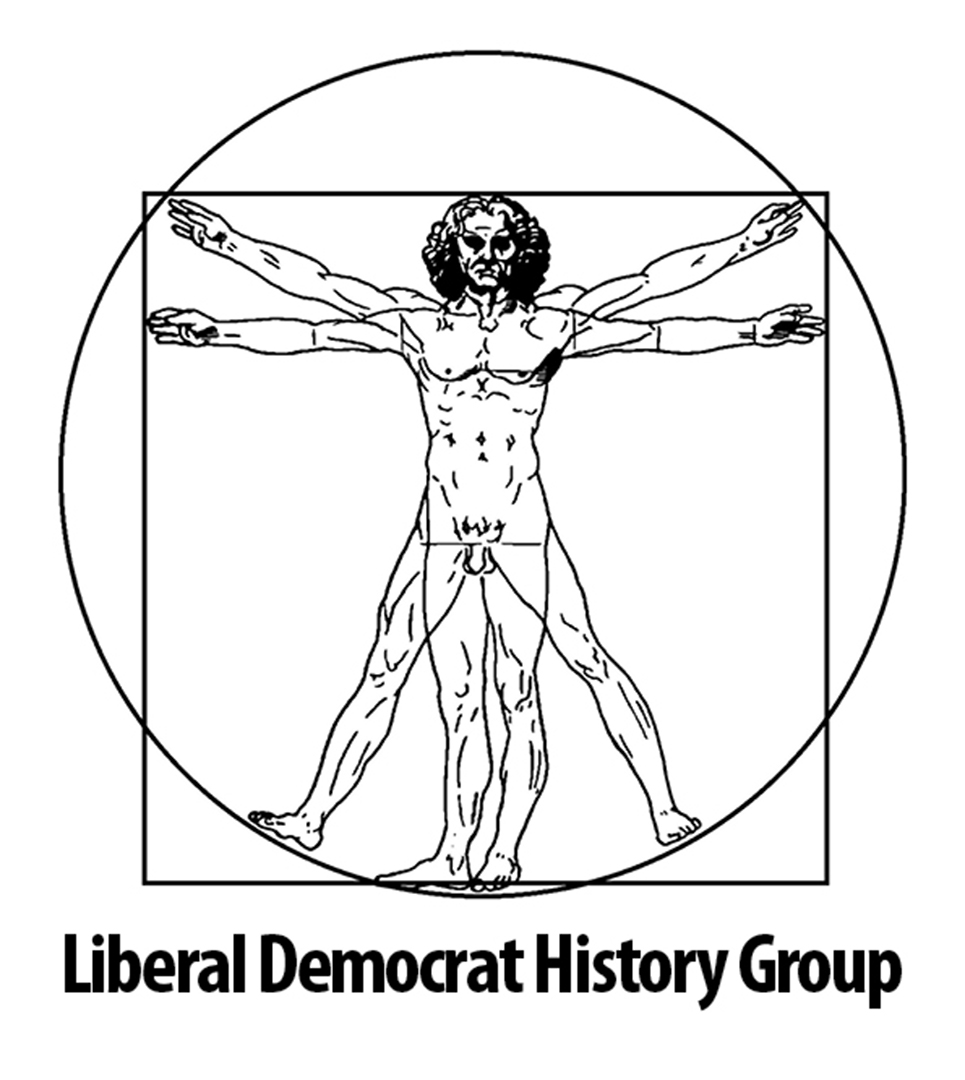Whigs, Peelites and Radicals were meeting together to overthrow a minority Conservative government.
A meeting of the Liberal members of the House of Commons was held yesterday afternoon, at Willis’s Rooms, and was attended by 274 gentlemen, representing the various sections of that party. The proceedings were opened by Lord Palmerston, who observed that the issue upon which Government had dissolved Parliament was not the question of Reform, or any other matter of legislation, but simply and solely whether or not they possessed the confidence of the country. He thought that the late election had given a conclusive answer to that question, and that it was the business of the Liberal party to determine whether or not they should accept the challenge which had been given them. He believed it would be the more manly and straightforward course to do so, and he briefly sketched out the terms of the proposed amendment, expressive of a want of confidence in the present Government, which he stated that Lord Hartington and Mr Hanbury were respectively willing to propose and second, should the meeting deem it advisable for them to do so. In adverting to the war in Italy, his Lordship dwelt on the signal failure which the Government had met with in their endeavours to maintain peace between the contending parties and contended that a Cabinet, which had manifestly lost all weight in the Councils of Europe upon so momentous a question as that of peace and war, was not fit to be any longer intrusted with the conduct of our foreign relations. He also insisted very strongly on the duty of maintaining a strict neutrality, which he said that the speech of Lord Derby, previous to the outbreak of the war, had tended to impair; and declared that he could not foresee any circumstance which would render the hostile intervention of England necessary.
Lord John Russell next addressed the meeting and, after strongly deprecating the continuance of the Government in the hands of a minority, which he characterized as most unconstitutional and dangerous, expressed his hearty desire either to co-operate with Lord Palmerston, in the event of that noble Lord being called upon to form and Administration; or to avail himself of his assistance, in the vent of his being required to conduct the affairs of the country himself. His Lordship adverted in the course of his speech to the state of the Liberal party, and expressed his opinion that in the event of a Liberal Government being formed it was essential that the three great sections of that party the old Whigs, the Peelites, and the advanced Liberals should each be represented in it.
Mr Bright, who followed Lord John, spoke of the dissensions which had hitherto existed in the Liberal party, for which he considered himself in some measure responsible, but which he both accounted for and vindicated, on the ground that the old members of that party, who had carried the Reform Bill of 1832, had not acted up to the principles which inevitably flowed from that measure, but had made a point of excluding from any share of power all those independent members who usually sat below the gangway, and who considered that they had duties to perform to their constituents as well as to the nominal leaders of the party to which they belonged. If, however, they were willing to act henceforth on a more comprehensive system, he should have no hesitation in sinking minor differences, and in giving such a Government his most cordial support. He was not quite satisfied, however, with what had fallen from Lord Palmerston on the subject of our foreign relations; and if he thought that peace was more likely to be secured by keeping the present Government in office, nothing should induce him to assist in turning them out.
Lord Palmerston explained that, in his opinion, nothing was so conducive to the interests of Europe and the preservation of peace as the maintenance of a strict alliance between England and France.
Mr Sidney Herbert strongly advocated a decided movement on the part of the Liberal members, and said that even if unsuccessful it would do them no harm, and would at least have the effect of determining the question as to whom the country was to be governed by.
Mr Roebuck repeated the substance of his speech at Milford Haven, and declared that he felt no confidence in the sudden change which had taken place in the relations between Lord Palmerston and Lord John Russell. He reminded the meeting that this country had both commenced and ended the war with Russia at the instigation of France, and declared his absolute want of confidence in Lord Palmerston, who had already, he said, forfeited the confidence of the country by truckling to that Power.
After some remarks by Mr Coningham and Mr Horsman, the former of whom deprecated any tone of hostility towards France, while the latter questioned the policy of the movement which had been recommended by the leaders of the party, Mr Ellice, in a short but forcible address, impressed upon the meeting the necessity of immediate action, which, he said, was not to be regarded as an act of aggression against the Government, but simply as an acceptance of the challenge which had been given them by Lord Derby.
Mr M. Milnes and Mr Lindsay then addressed the meeting, which shortly after separated.

